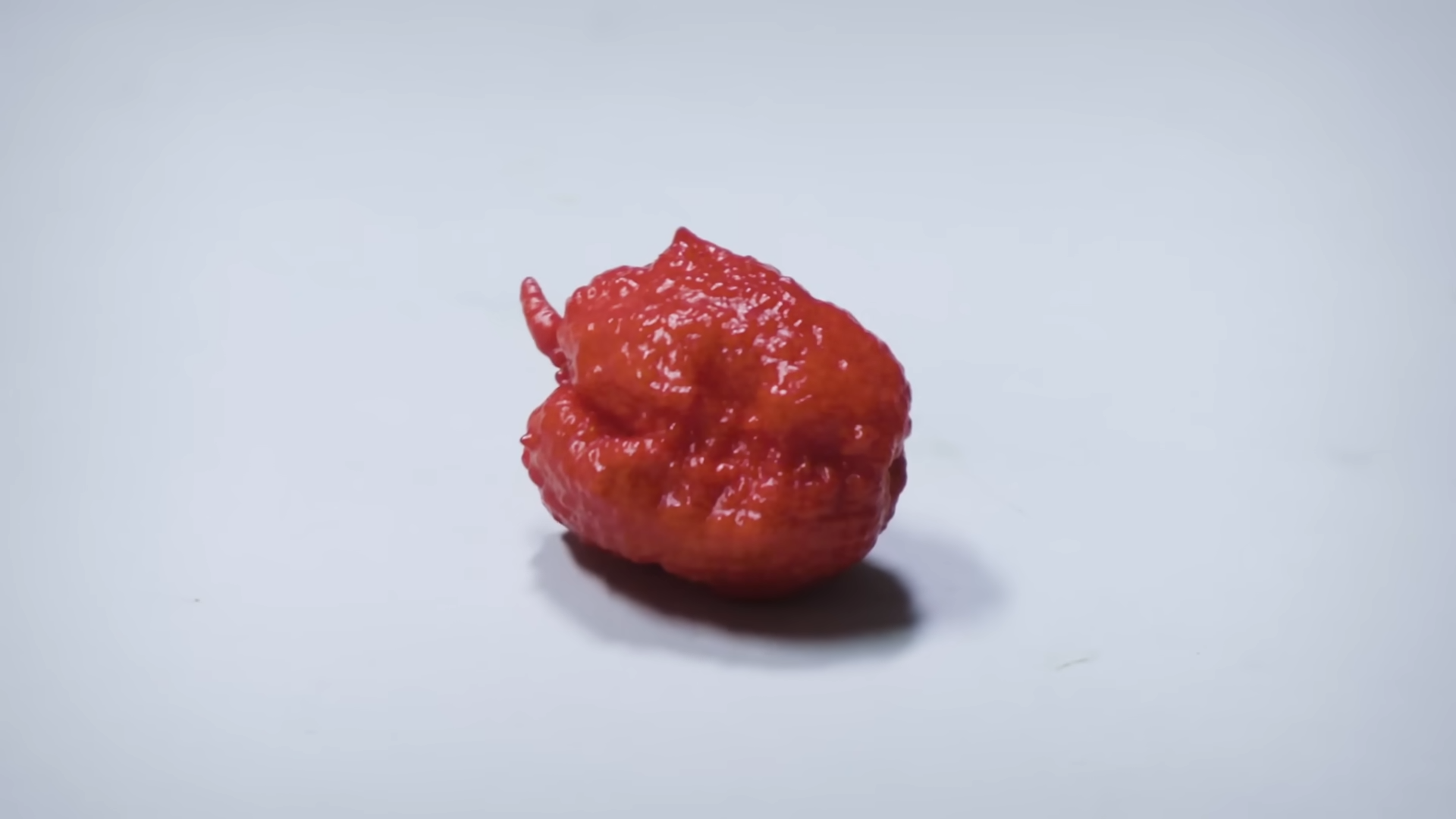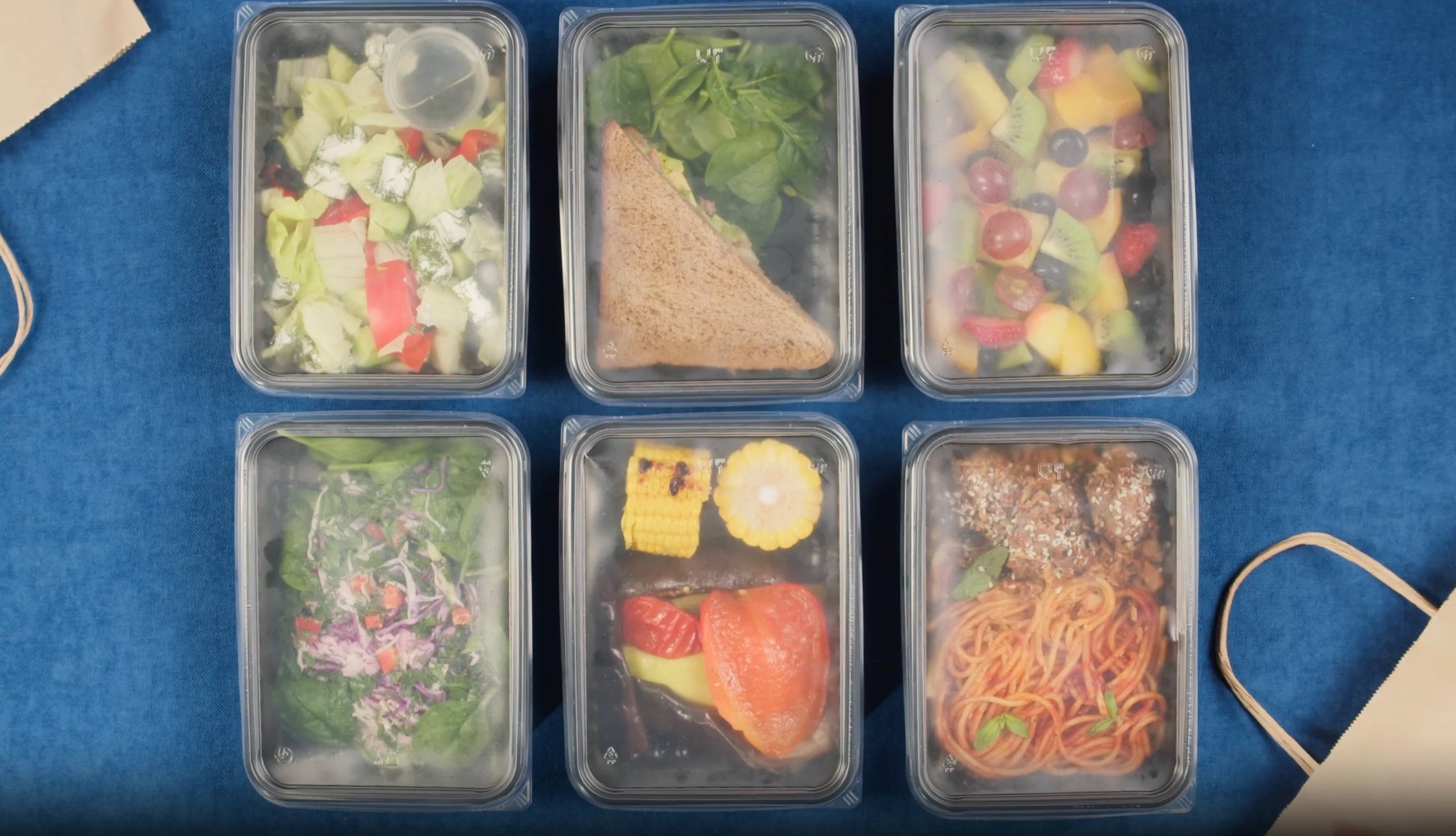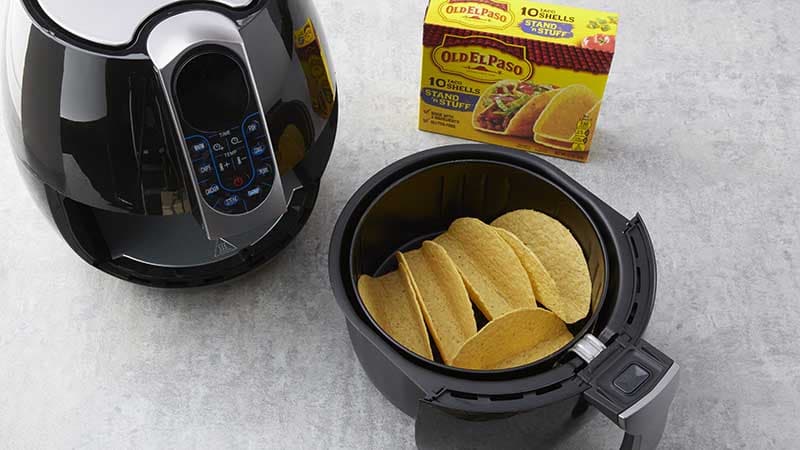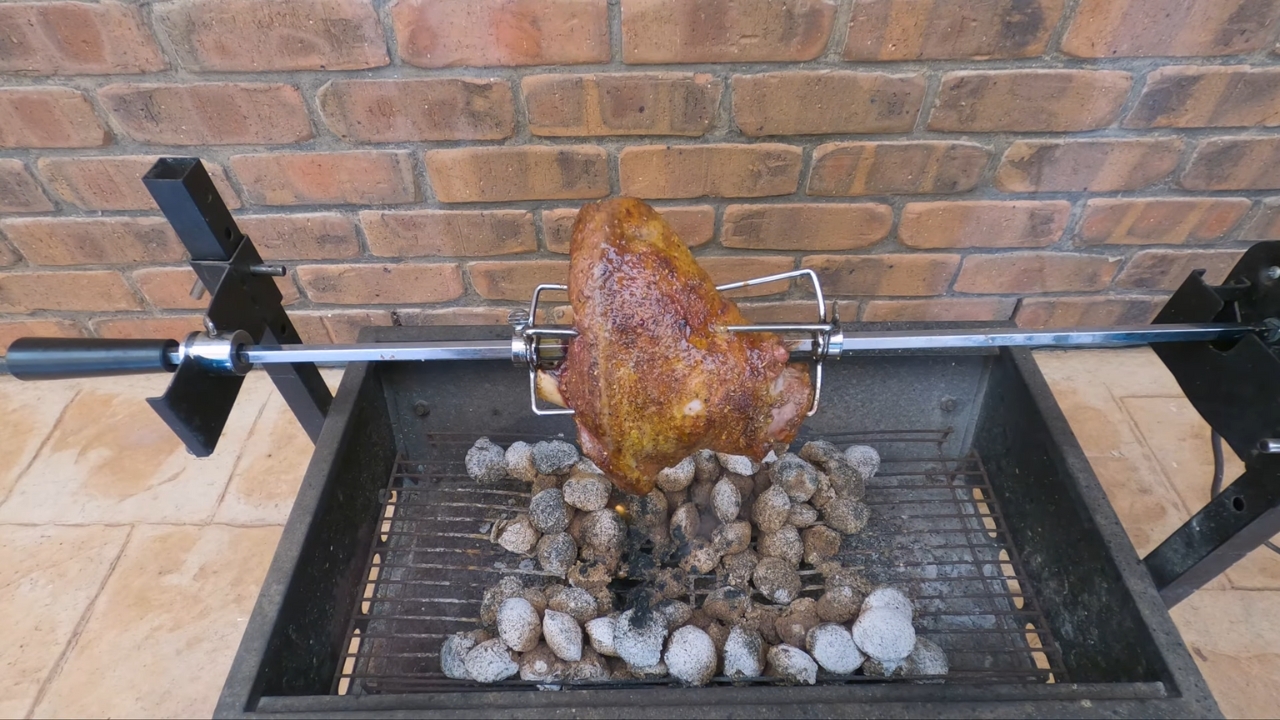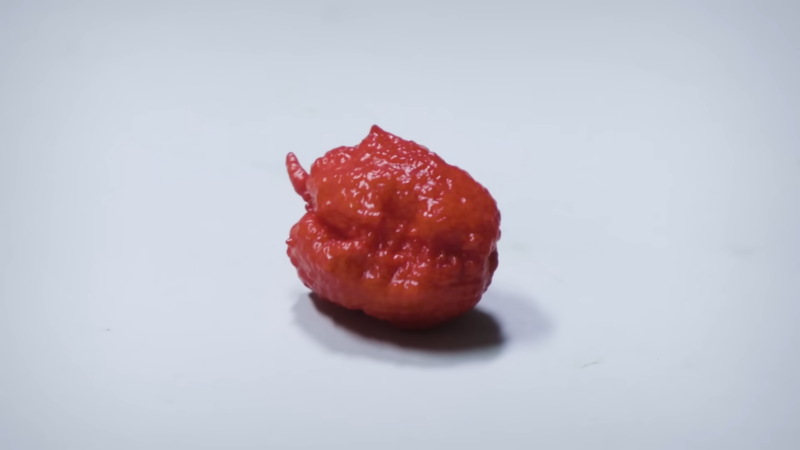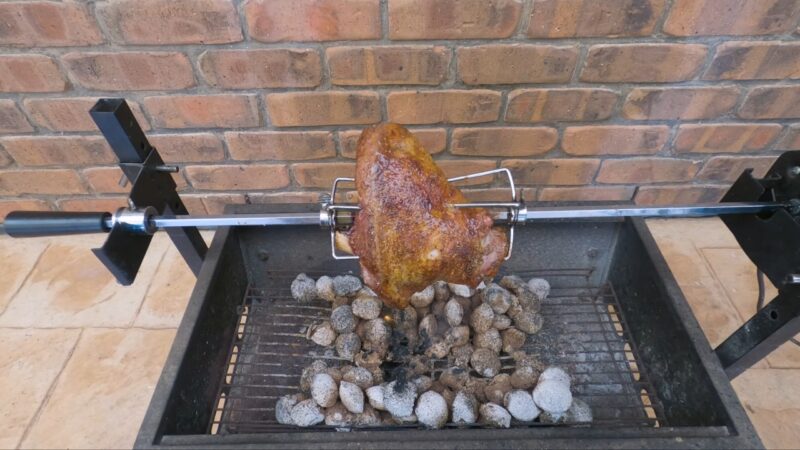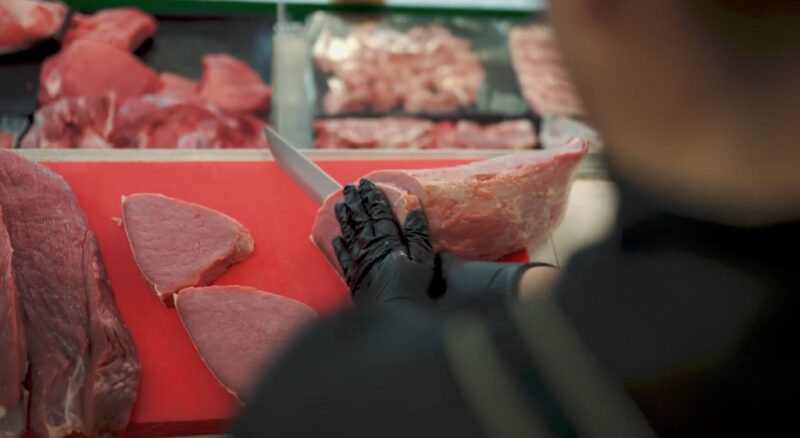
The enticing aroma wafting from a neighbor’s backyard on a summer evening, the sizzle of the meat as it hits the grill, and the mouthwatering taste of a perfectly barbecued dish – all these are enough to inspire anyone to venture into the world of barbecuing.
However, if there’s one thing that stands out and makes a huge difference in the final product, it’s the spices. Barbecue spices can elevate your grill game from good to sublime. But with so many options available, where does a beginner start?
This blog post is for all the rookies out there, eager to delve into the enchanting realm of barbecue spices.
1. Start With A Quality Spice Blend

When you’re just starting out, the myriad of individual spices available can feel overwhelming. Instead of diving headfirst into this vast ocean, consider beginning with a ready-made spice blend, especially one that comes highly recommended.
For instance, BigDogSpices has several blends that have gained popularity amongst many barbecue enthusiasts for its rich and well-balanced flavors. These pre-mixed spice blends can serve as a reliable foundation, allowing you to get familiar with the typical flavor profiles of barbecued dishes.
As you become more experienced, you can then begin to tweak and customize these blends to suit your personal taste.
2. Know Your Base Spices
Understanding the base spices in barbecue is crucial. Here are some staples:
- Paprika: This red spice adds color and a mild sweetness.
- Black Pepper: Adds a kick of heat and depth.
- Garlic Powder: Provides a savory undertone to any mix.
- Onion Powder: Pairs well with garlic powder to enhance the meat’s flavor.
Knowing how these spices interact with each other and the meat will give you a solid starting point.
3. Experiment With Additional Flavors

Once you have the basics down, start introducing other spices and herbs. Consider:
- Cumin: For a smoky touch.
- Coriander: Adds a citrusy, earthy note.
- Cayenne Pepper: If you’re looking for some heat.
- Brown Sugar: Balances heat with sweetness and helps in caramelization.
Remember, less is more. It’s always easier to add than to subtract, so begin by adding small amounts and adjust according to taste.
4. Get Familiar With Regional Blends
Different regions have signature spice blends. For instance:
- American South: A mix of brown sugar, paprika, cayenne, and black pepper. This blend is often sweet with a hint of heat.
- Caribbean: Features allspice, thyme, and scotch bonnet peppers, making for a spicy-sweet combination.
- Mediterranean: Rosemary, thyme, and oregano with a hint of lemon zest.
Exploring these regional combinations can be an exciting way to experiment with flavors and traditions.
5. Layer Your Flavors
Think of your spices as you would paint on a canvas. Start with a broad brush of foundational flavors and then add accents and highlights with bolder, more unique spices.
For instance, if you’re working with a base of salt, pepper, and garlic powder, consider introducing cumin for a smoky note or a hint of cinnamon for unexpected warmth.
6. Pay Attention To The Balance

A great barbecue often dances on the palate with a mix of sweetness and spice. Brown sugar, honey, or molasses can lend sweetness which contrasts wonderfully with the heat from spices like cayenne pepper or chili powder. Finding a balance that suits your taste buds is key.
7. Play With Herbaceous Notes
While dry spices are the heart of barbecue seasoning, don’t forget about fresh or dried herbs. They can introduce bright, herbaceous notes that contrast with the rich flavors of the meat. Think rosemary, thyme, oregano, or even tarragon.
8. Mind The Salt
Salt can be a game-changer when it comes to barbecuing. It intensifies the meat’s natural flavors and helps to bring out the nuances of other spices.
However, it’s essential to strike the right balance. Too little and your meat might taste bland, but too much, and you’ll overshadow the flavors of the spices. Always season in stages, tasting as you go, and be aware of other ingredients in your marinades or sauces that might add saltiness, like soy sauce.
9. Play With Fresh Herbs
While dried spices are the backbone of many barbecue blends, don’t underestimate the power of fresh herbs. Rosemary, thyme, and cilantro can add a refreshing twist to your dishes. Remember to add fresh herbs closer to the end of the cooking process, as they tend to lose flavor if cooked for extended periods.
10. Texture Matters
When preparing your spice blend, be mindful of texture. Using coarse spices can give a more robust flavor and create a beautiful crust on the meat. On the other hand, finely ground spices can penetrate the meat better, giving a deeper and more even flavor.
11. Store Spices Correctly
To maintain the potency and flavor of your spices, store them in a cool, dark place. Make sure they’re sealed in airtight containers to keep moisture and contaminants out. Ground spices typically have a shelf life of around 6 months to a year, while whole spices can last up to 2 years.
12. Trust Your Palate

While there are countless guides and recipes out there, at the end of the day, your taste buds are the best judge. Experiment, mix, and match, and find what works best for you. With time and practice, you’ll be able to create a signature spice blend that’ll be the envy of your next gathering.
13. Record Your Recipes
When you hit upon a combination you love, make sure to jot it down. This way, you can reproduce it with ease in the future. Over time, you’ll have a collection of your signature spice blends.
In Conclusion
Mastering the art of barbecue spices is an ongoing journey, filled with delightful discoveries and flavors, and a little trial and error. With the basics in hand, a willingness to experiment, and trust in your palate, you’re well on your way to elevating your barbecue game.
So, the next time you fire up the grill, take a moment to appreciate the dance of spices as they meld, creating a symphony of flavors that are bound to captivate.
Related Posts:
- 14 Best Kitchen Timer 2023 - Mastering Cooking Time
- How to Clean Pit Boss Austin XL - Handy Maintenance Tips
- 7 Hot Tips on Buying the Best Commercial Dishwashing…
- How Long to Boil Hotdogs for Best Results - Timing…
- How Long To Let Brisket Rest & Why - Time-Tested Tips
- Crafting Athlete-Friendly Meals: 9 Nutrition Tips &…



